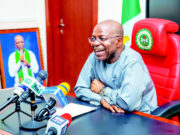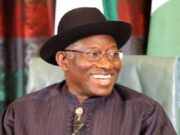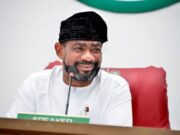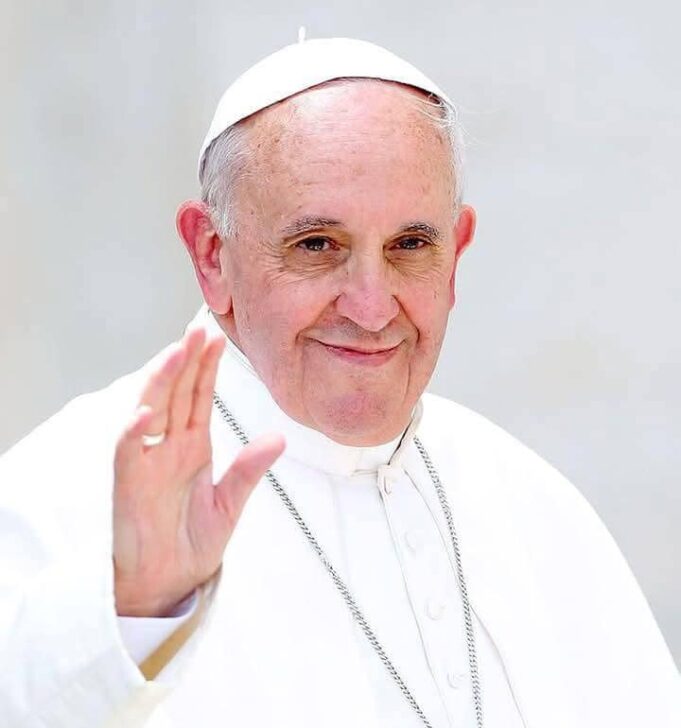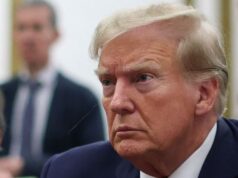Tributes have continued to pour in from every corner of the globe following the death of Pope Francis, remembered universally as a “man of humility” and a “Pope for the poor.”
As the bells of St. Peter’s Basilica toll in solemn cadence, the Vatican prepares for a historic conclave that will elect his successor—one who will inherit the complex legacy of a pontiff who reshaped the modern papacy.
Pope Francis, born Jorge Mario Bergoglio in Buenos Aires, Argentina, became the first Jesuit and the first Latin American pope when he was elected in 2013.
From the outset, he chose simplicity over opulence, living in the modest Vatican guesthouse instead of the Apostolic Palace and often seen carrying his own bag or riding in a small Fiat.
His humility struck a chord in a world hungry for authenticity.
“He was a moral giant in a time of great moral confusion,” said United Nations Secretary-General António Guterres.
“His voice rang out not just from the pulpit, but from the streets—speaking for refugees, for the earth, and for the forgotten.”
In the days since his passing, mourners have flooded Vatican City. Tens of thousands are expected to file past his body as it lies in state at St. Peter’s Basilica.
His funeral, scheduled for Saturday, will be a moment of global unity, bringing together world leaders, religious figures, and millions of the faithful.
Cardinal Giovanni Battista Re will preside over the funeral rites, honoring Francis’s wish for a simple ceremony.
The Pope will be laid to rest at the Basilica of Saint Mary Major, close to the icon of the Virgin Mary he often visited after every international trip.
Pope Francis’s legacy is deeply rooted in his advocacy for social justice.
He championed the rights of migrants and the homeless, called for urgent climate action in Laudato Si’, and consistently challenged the world to care for the most vulnerable.
He also stirred theological reflection and controversy with his openness to dialogue on topics such as same-sex relationships, divorced Catholics, and the role of women in the Church.
“Francis gave the papacy a human face,” said Archbishop Desmond Tutu Jr.
“He was not above the people—he was with them.”
Even in entertainment and pop culture, the Pope’s impact was felt.
Celebrities like Whoopi Goldberg and Antonio Banderas paid tribute to his warmth and openness, with many recalling his keen sense of humor and ability to disarm even the most skeptical of visitors.
Now, as the College of Cardinals prepares to enter the Sistine Chapel in the coming days, questions loom: Will the next pope carry forward Francis’s progressive momentum, or will the Church seek a return to more traditional leadership?
For now, the world mourns.
Not just the head of the Catholic Church, but a shepherd who embraced humanity with open arms, who made space for the marginalized, and who reminded us all—again and again—that the true power of faith lies not in grandeur, but in love.
As one placard outside St. Peter’s Square read: “You made us believe again. Thank you, Papa Francesco.”




